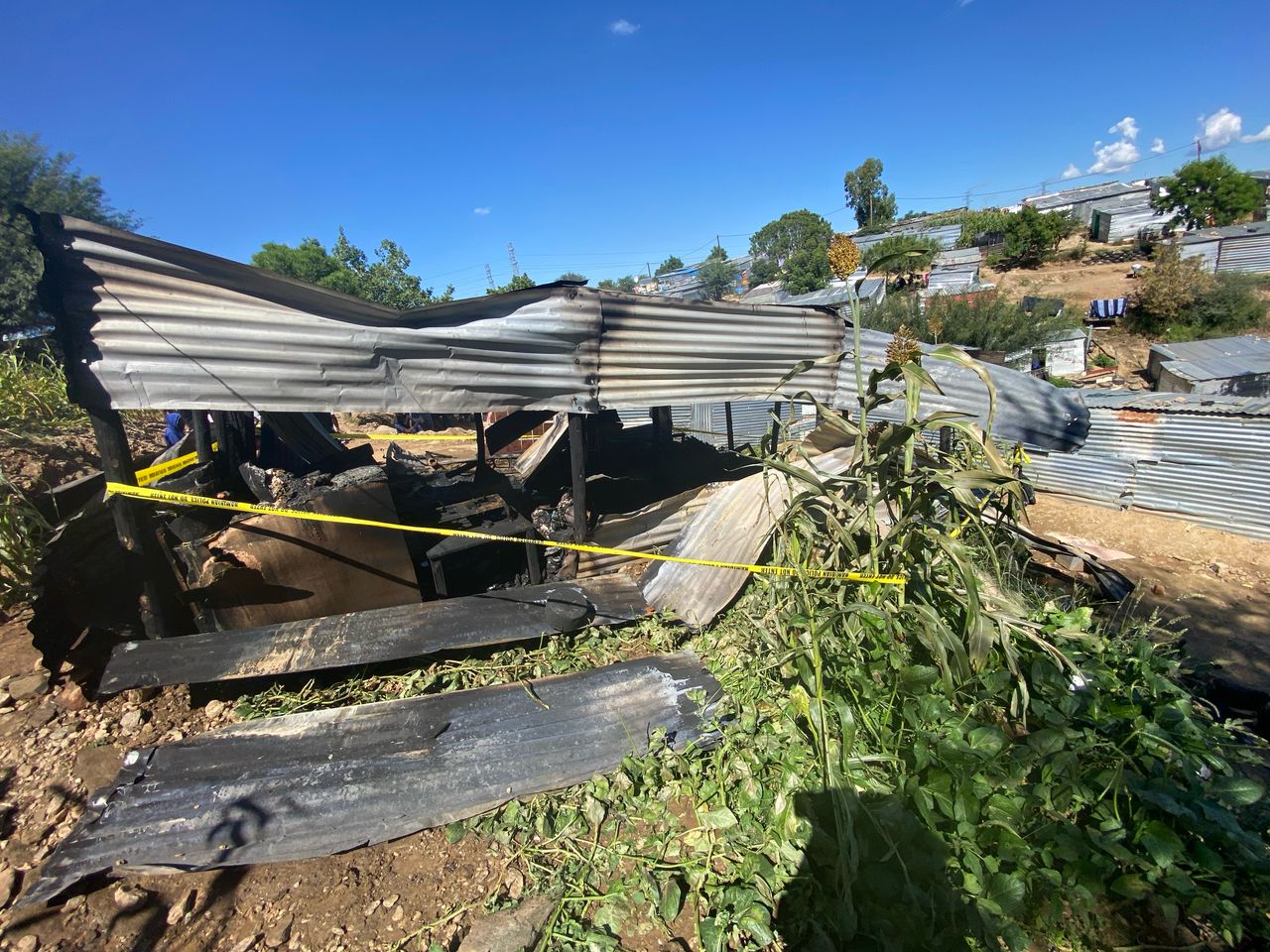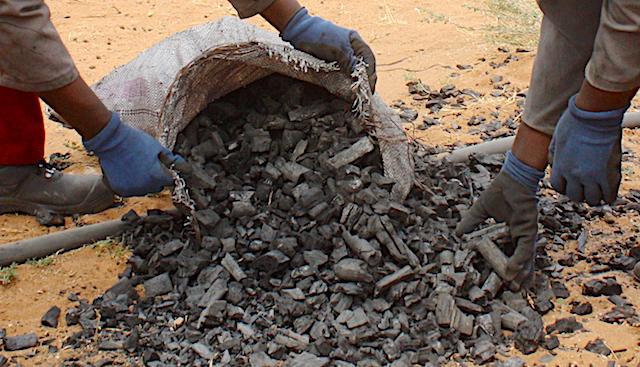Namibia’s leading fishing companies are seemingly waking up to the reality that the practices that spawned the infamous Fishrot scandal remain in play.
This week, fisheries minister Derek Klazen could not hide his annoyance that leaders in the industry dared to complain publicly about the arbitrary discretionary powers and perhaps unlawful ways in which government leaders handle Namibia’s marine resources.
Matti Amukwa, the chair of the Confederation of the Namibian Fishing Association, has complained that the so-called ‘governmental objectives’ fishing quota is being distributed in a non-transparent manner and not for the intended reasons.
“The purpose was for emergencies (and crises) only,” said Amukwa.
Instead, the ‘governmental objectives’ quota has created a parallel industry with the government, as the largest holder, issuing quotas to companies and individuals who are not rights holders.
“If this continues, there will be enormous concentration in a few hands to the disadvantage of the majority of Namibian rights holders,” Amukwa said.
Well, the ‘governmental objectives’ were maliciously ill-conceived from the very start when former ministers Bernhard Esau and Sacky Shanghala drove a change of law that would give the fisheries minister broad and ‘discretionary’ powers to hold quotas and dish them out as he saw fit.
This is the very practice that paved the way for what has become known as the Fishrot scandal.
Esau used the system to divert horse mackerel fishing rights to the Icelandic company Samherji, which has been accused of paying bribes to the arrested ministers and their henchmen.
It is interesting that the traditional fishing industry is starting to become vocal about the practice and the arbitrary powers of the minister now that it no longer partly works for them.
The truth is that the system was flawed from the outset when Esau used it to punish a company he clashed with.
The Fishrot scandal did not happen simply because Esau and Shanghala were given the licence to game the system.
It occurred because the fishing rights and quotas allocation process is ripe for greedy individuals to abuse it at the expense of the broader population.
And the fishing industry is only now starting to worry that quotas will be going to fewer people and organisations.
Klazen is perhaps just taking the arbitrary powers of the minister to another, more destructive level as Namibia’s fishing resources become increasingly depleted.
Recently, Klazen managed to convince fellow Cabinet ministers to allow fishing in what is in essence the maternity ward of Namibia’s fisheries and marine life, called the 200m isobar.
Up until now, the 200m isobar was a restricted area in which companies were not allowed to undertake any fishing activities.
The area was used for research and was meant to help several marine species recover.
But because of over-fishing, especially of horse mackerel, companies with links to the ruling party have been lined up to trawl where, up until now, they have not been permitted to fish for more than 25 years.
Namibia can now expect horse mackerel to follow the same route of extinction as sardines and tuna, which have become depleted within a few decades.
The fishing industry has unfortunately made few complaints about this blatant attack on a vital breeding ground and research area, perhaps blinded by the short-term opportunity of making a quick buck.
We hope their call for the ministry of fisheries to start consulting economists and scientists is aimed at the broader interest of the Namibian people to ensure the industry continues to be profitable for many future generations.
It is a good start that fishing companies are calling for transparency around the allocation of quotas and “not [because of] individuals’ consultation with the ministry”.
Klazen should be transparent in releasing information of fishing quota beneficiaries every year.
Corruption thrives in secrecy.
It is vital that the industry join transparency and good governance architects in calling for the total reform of the laws and policies used to allocate fishing resources.
Anything less than open and public bids will only perpetuate Fishrot scandals.
Stay informed with The Namibian – your source for credible journalism. Get in-depth reporting and opinions for
only N$85 a month. Invest in journalism, invest in democracy –
Subscribe Now!










